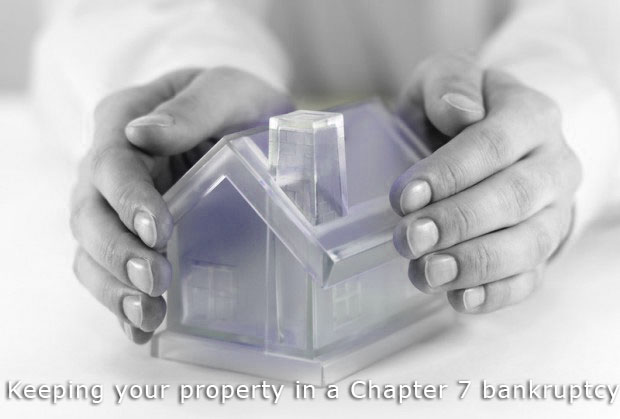One of the questions that I am consistently asked is what will happen to the property of a person who files a Chapter 7 bankruptcy. The clients who ask this question typically have been misinformed as to the exact nature of a Chapter 7 and, as a consequence, believe that all their property will be taken and sold.
This belief is only partially correct and misses a very important issue, namely the ability of the debtor to claim property as exempt.
The official bankruptcy court document entitled “Notice to Consumer Debtor(s) Under § 342(b) of the Bankruptcy Code” states in relevant part:
“Under Chapter 7, you may claim certain of your property as exempt under governing law. A trustee may have the right to take possession of and sell the remaining property that is not exempt and use the sale proceeds to pay your creditors.”
Each state has a differing approach to exemptions for debtors both inside and outside of bankruptcy. This article will focus on those laws as they pertain to California debtors inside bankruptcy:
California contains two separate systems for exemptions. These systems are listed in the California Code of Civil Procedure at sections 703 and 704. Each one allows listed types of property up to certain specified values to be exempt from the power of the bankruptcy trustee to take and sell the property.
The system in section 704 is the same as the exemption system for debtors who have not filed bankruptcy. The primary advantage of the system in section 704 is the larger homestead exemption (currently between $75,000 and $175,000 depending on the exact situation of the debtor).
The system in section 703 has a much smaller homestead exemption, currently at $25,575. However, any unused portion of this exemption may be placed on any property owned by the debtor.
Another way of keeping property while in bankruptcy is to reaffirm the debt that is secured by the property. When debt is secured by property that the debtor is making regular payments on, the debtor may reaffirm that debt, continue making the payments, and keep the property. Reaffirmation agreements are typically used for houses and cars.
It is always important to remember that keeping your property through either the exemption systems or reaffirmation agreements is highly dependent on your personal circumstances, and such decisions are best made with the consult of a legal professional.








